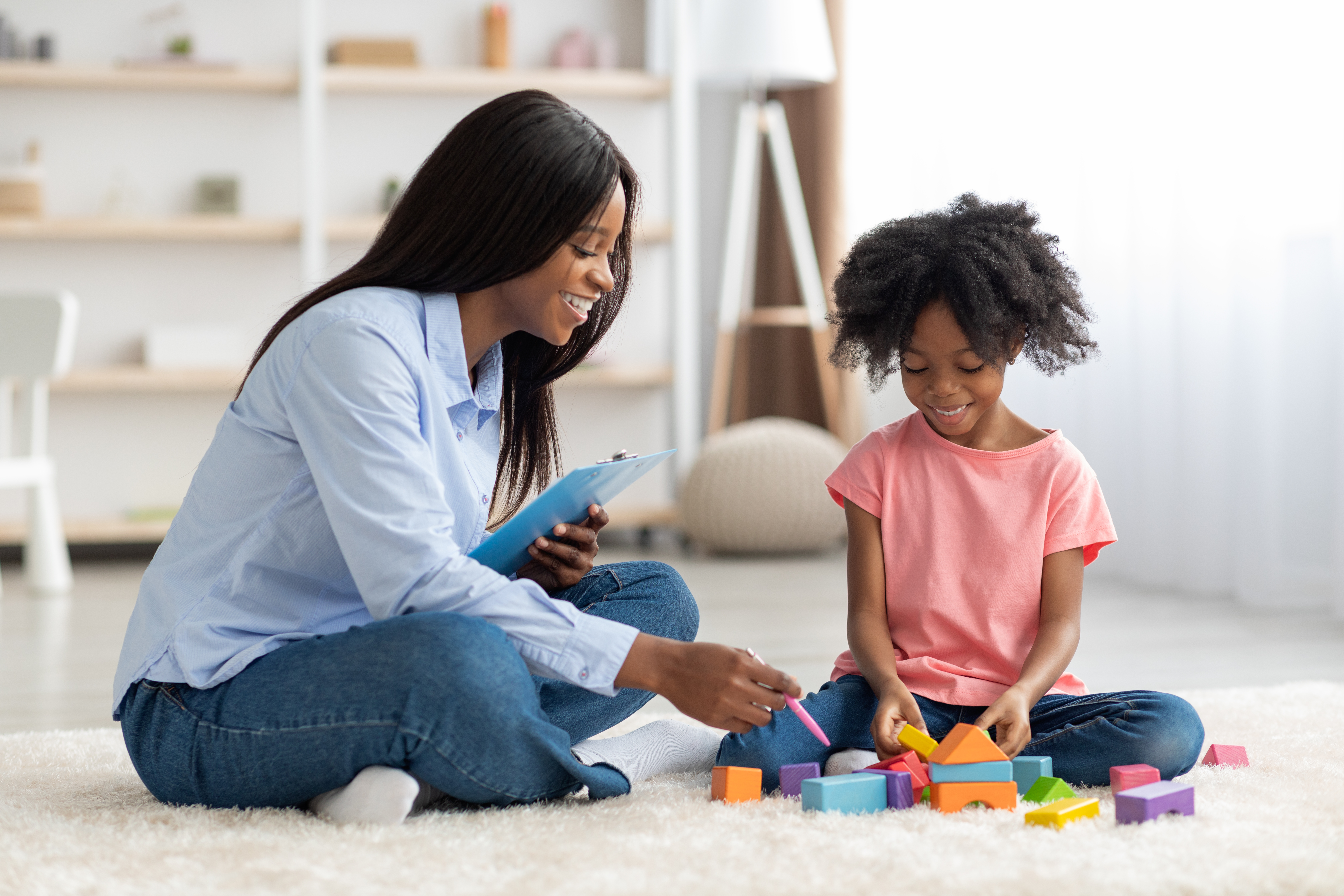How to Express Romantic Love: Effective and Heartfelt Gestures
All the world celebrates romantic love, and people from all walks of life look for ordinary moments and extraordinary ones to express love to their...
3 min read
![]() Williamsburg Therapy Group
:
Sep 19, 2023 4:37:58 PM
Williamsburg Therapy Group
:
Sep 19, 2023 4:37:58 PM

There is an inevitability to pain in life that we must accept. No matter how cautious we are, how many steps we take to prevent loss, it simply will happen.
But that doesn't make it any easier to hear about. This is especially the case with children. When a child experiences loss - like the death of a parent - it makes us want to offer them all of the love in the world. If we could take away their pain, we would.
Unfortunately, that's not possible. So how do we, as parents, relatives, and guardians, support the healing of children after the death of a parent?
This article will serve as a guide for those responsible for the mental health of children after loss. We'll cover expectations for reactions, at-home support techniques, and therapy options with a professional.
Skip to a section:
Long-Term Effects of The Death of a Parent
Grief Therapy for Children: What To Know
At-Home Care Guidelines for Bereaved Children
Therapy for Childhood Bereavement: Williamsburg Therapy Group
For much of childhood, one's parents are the end-all-be-all of life. They are there to guide, support, and teach their children, helping them through the complicated and often terrifying journey of becoming individuals.
When that anchor point is lost, it can lead to some serious long-term effects, including:
Because of the increased likelihood of mental health concerns in bereaved children, it's imperative to start care early. Both professional therapy and at-home care and support are great ways to monitor a child and start the healing process.
The most important thing to do for a child who has experienced the death of a parent is to enroll them in therapy with a licensed professional.
As a child's guardian, your responsibility is at-home care and support. A therapist's responsibility is to ensure that the child is getting the clinical care they need.
Consider enrolling them in sessions with a child grief specialist: A professional who is extensively trained and experienced in treating children who have been through loss. Using a specialist will help ensure that the child is receiving the best care possible.
There are many different kinds of therapy that can be used to address grief, such as:
The most important aspect of choosing a therapist for your child is trust. Therapy requires vulnerability, and vulnerability requires trust. A therapist you can trust - and who you think the child can trust - is the best therapist for you.
There are many things that parents, guardians, and relatives can do to support the comfort and healing of bereaved children in the home. Let's review some of the most important steps.
Children are always learning and mapping the world around them internally. Outwardly, their findings usually come in short bursts. Make sure you give a bereaved child the time and attention they need in order to feel heard in the weeks, months, and years after losing a parent.
If you were close to the parent who was lost, it can often be very difficult to hear a child talk about them. Make sure you take care of your own mental health and grief during this time, so that you are A.) making your own healing progress and B.) able to best support the child.
While it's not the best idea to constantly remind a child about their lost parent, you should still provide the resources and guidance they need to properly remember them.
Creating a "memory box" is a great way to do this. Simply grab a few of the deceased parents belongings - ideally smaller, more sentimental things that really represent who they were as a person and, crucially, how they made the child feel - and make sure the child has access to this box.
Pick a regular schedule for bringing the box out for some time for remembrance.
The most important part of supporting a bereaved child is simply being there to listen to them and support them. Help them continue to live life as best as possible: Bring them to sports games, drive them to a friend's house for a play date. In essence, be as close to a parent as you can be for them, while still taking care of your own mental health.
The single best thing you can do for a child who has lost a parent is enroll them in therapy. A licensed professional has the training and education needed to ensure evidence-based, clinical progress in mental health.
At Williamsburg Therapy Group, our team of dedicated child psychologists is unrivaled in its grief therapy services. Give us a call, and our patient coordinator will help find the right therapist for your child.

All the world celebrates romantic love, and people from all walks of life look for ordinary moments and extraordinary ones to express love to their...

What is relationship burnout or relationship fatigue? Many of us have heard of burnout, but we often connect it to professional life and the problems...

In today's digital age, so many of us are locked into our mobile devices each and every day, which can have a negative impact on our mental...